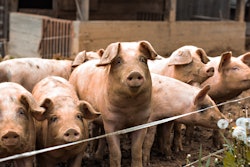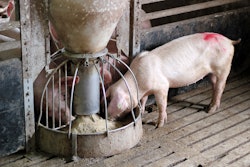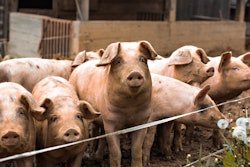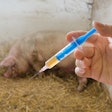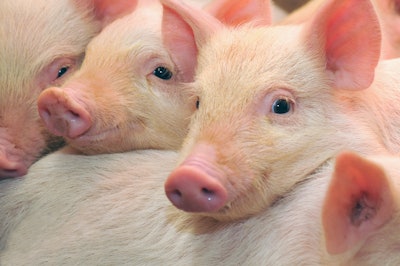
Animal genetics company Genus has received U.S. Food and Drug Administration (FDA) approval for its PRRS-resistant pig (PRP) gene edit for use in the U.S. food supply chain.
PRRS, or porcine reproductive and respiratory syndrome, is a viral disease in pigs that causes reproductive failure and respiratory issues such as pneumonia.
The FDA approval comes after years of close collaboration with FDA and is a significant step on the path to PRP commercialization in the U.S., Genus said in a press release.
Genus believes successful U.S. commercialization also requires approvals in key U.S. export markets, including Mexico, Canada and Japan. The company continues to make progress with regulators in these jurisdictions as well as with other international regulators, including China.
Brazil, Colombia and, more recently, the Dominican Republic have already issued positive determinations for PRP, meaning those countries will regulate the PRP the same as any other pigs.
“We have spent years conducting extensive research, validating our findings and working with the FDA to gain approval,” said Matt Culbertson, Genus chief operating officer. “Today marks a major milestone for the pork industry.”
Genus is based in Basingstoke, United Kingdom, and operates in more than 25 countries on six continents, with research laboratories in Madison, Wisconsin.


